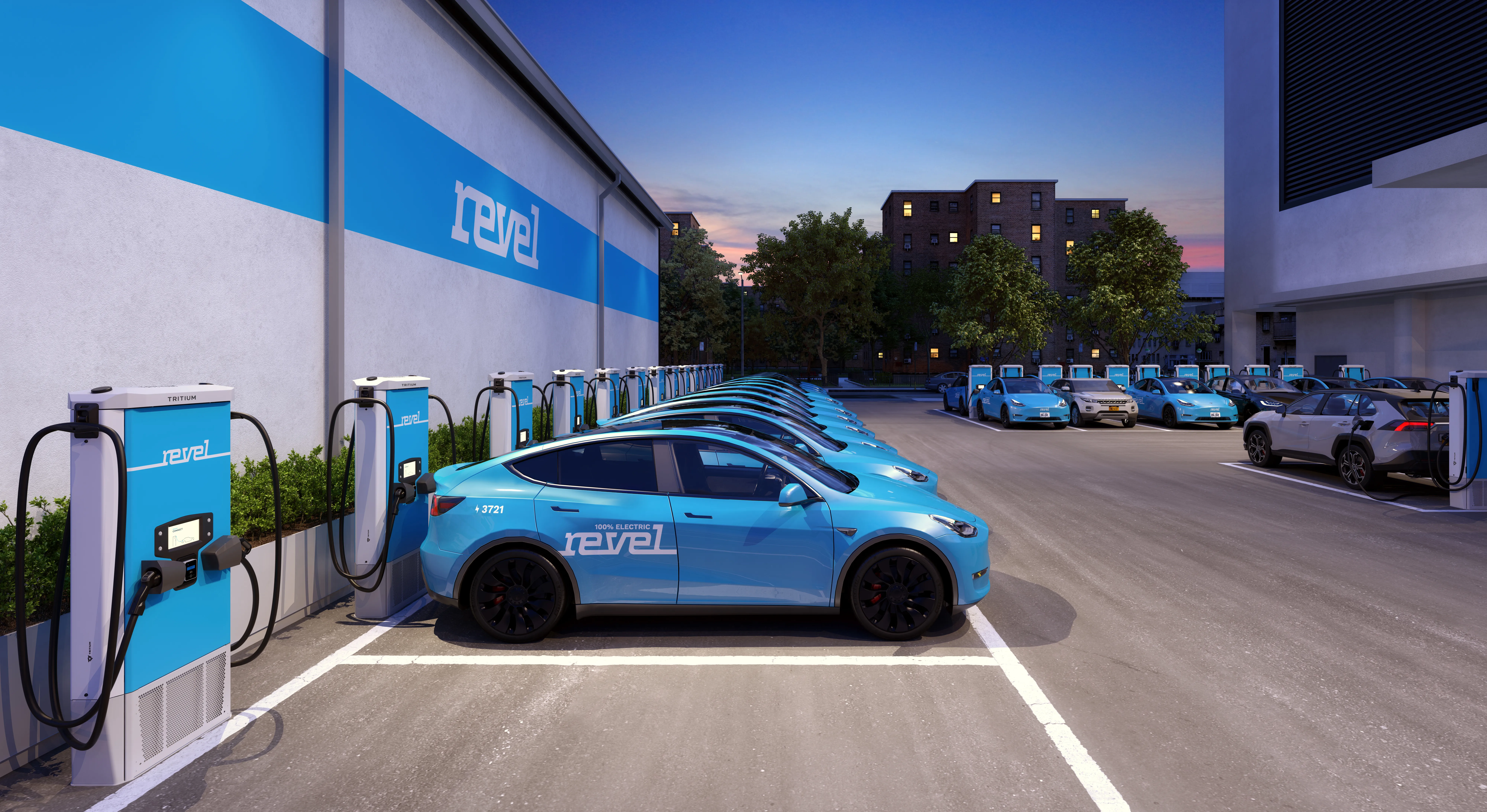“Origin/destination information derived from
“Once they have removed the costly driver,
“Look at congested traffic as
“There is huge potential for consolidation and with the origin/destination information people enter when using MaaS, it will be child’s play to match individuals making similar journeys to share a vehicle.
“So even if the individuals don’t select the public transport option, travellers using MaaS will still helping reduce congestion by increasing the use of sharing vehicles – autonomous or not.”
MaaS data reveals shared ride potential
“Origin/destination information derived from MaaS-style operations could be the key to reducing future gridlock caused by autonomous vehicles.” That was the message RideFlag’s chief technology officer Mark Feltham delivered to the IBTTA’s Annual Technology Summit in Orlando.
“Once they have removed the costly driver, Uber and Lyft will be able to offer very affordable rides, tempting people doing long commutes on transit to pay those few extra dollars to take an Uber. The combination of long distance co
April 3, 2019
Read time: 2 mins









